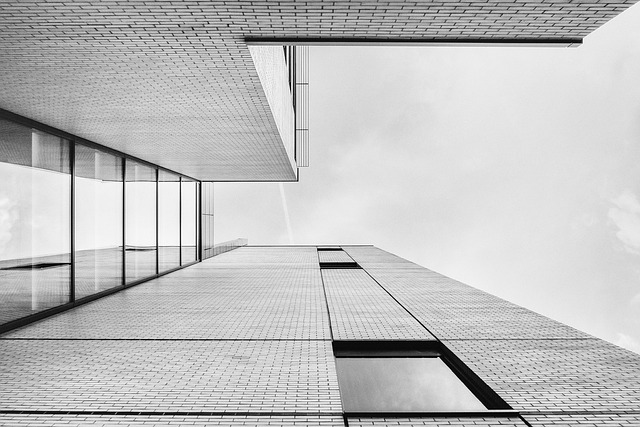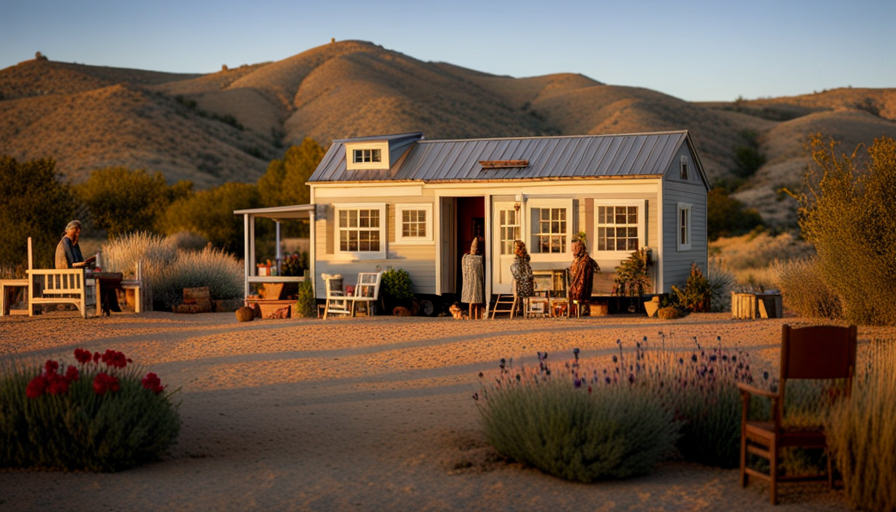Do you feel exhausted and weighed down by constantly chasing after material belongings?
We’ve discovered that minimalist living is the key to finding mental clarity and financial freedom.
By simplifying our lives and focusing on what truly matters, we’ve been able to let go of the excess and embrace a more meaningful existence.
In this article, we’ll explore the benefits of decluttering, reevaluating our needs, and overcoming the challenges of minimalist living.
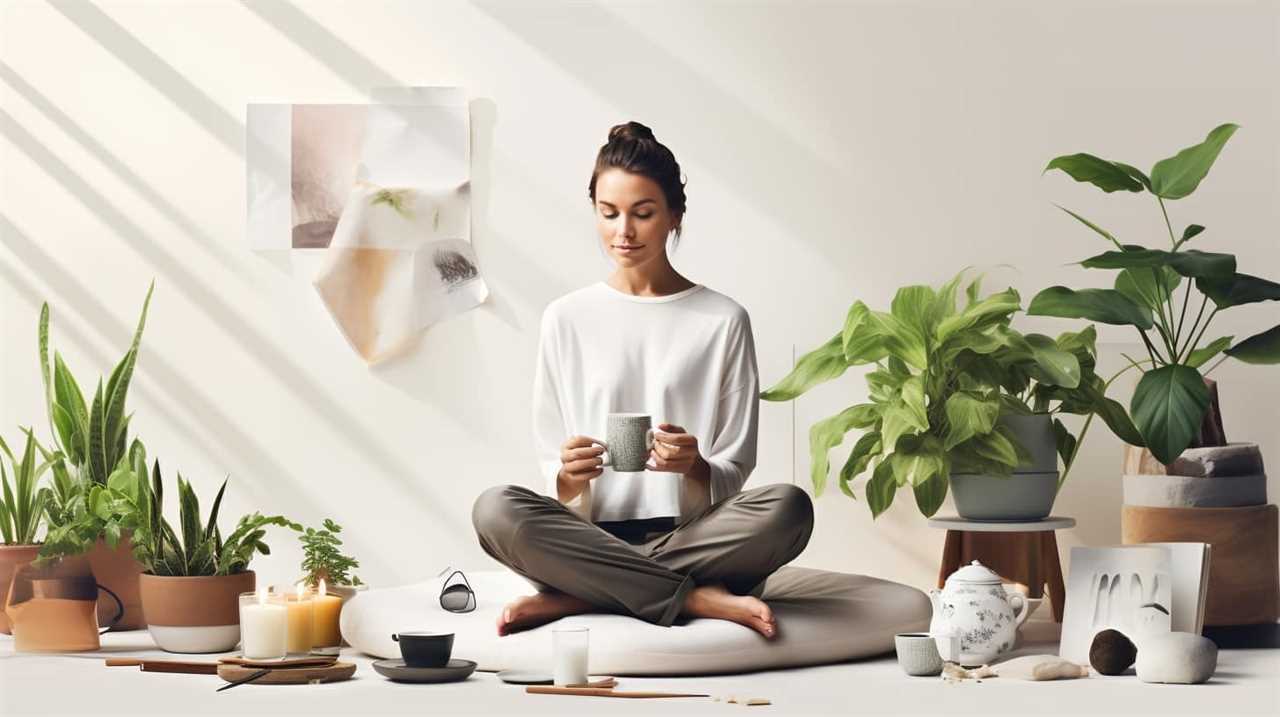
Join us on this journey towards a more fulfilling and purposeful life.
Key Takeaways
- Minimalist living promotes mental clarity by simplifying our lives and helping us prioritize what truly matters.
- Decluttering our physical and digital spaces creates a sense of calm and reduces stress and anxiety.
- Embracing a non-materialistic lifestyle helps us reevaluate our needs and priorities, leading to inner peace and gratitude.
- By reducing consumption and embracing sustainable lifestyle choices, minimalist living can lead to financial freedom and a more fulfilling existence.
Defining Minimalism
We believe that minimalism is about intentionally simplifying our lives and prioritizing what truly matters.
Understanding minimalism’s impact goes beyond decluttering physical possessions; it’s a mindset that influences our choices and actions.
Minimalist design principles emphasize functionality, efficiency, and simplicity. By embracing minimalism, we can create spaces that are calming and free from unnecessary distractions.
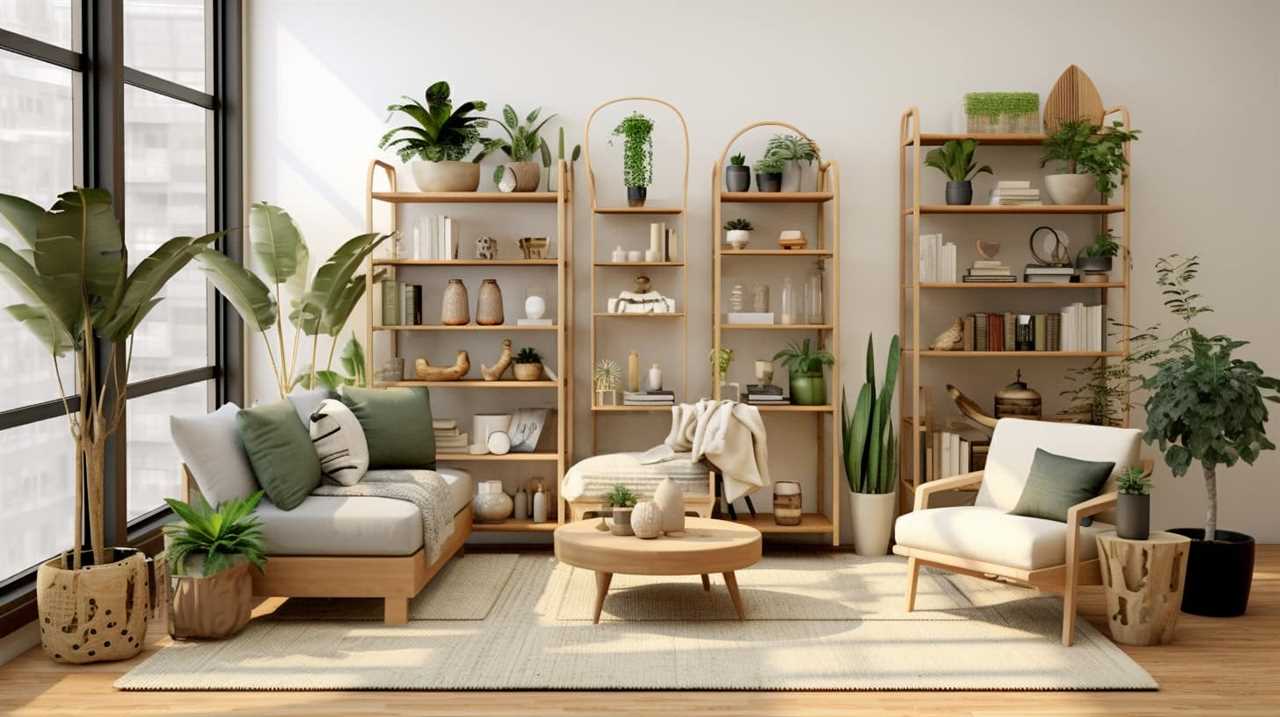
Minimalist design promotes a sense of clarity and focus, allowing us to be more productive and intentional in our daily lives.
This intentional simplification extends beyond our physical environment and extends to our mental and emotional well-being. Minimalism encourages us to let go of excess and focus on what truly brings us joy and fulfillment.
As we delve further into understanding minimalist aesthetics, we’ll explore how minimalist design choices can enhance our overall well-being and sense of peace.
Understanding Minimalist Aesthetics
When it comes to minimalist aesthetics, we find beauty in simplicity.

The idea is to declutter our surroundings, creating a sense of calm and inner peace.
Beauty in Simplicity
Our appreciation for minimalism stems from the inherent beauty found in the simplicity of our surroundings. Minimalism embraces simplicity in design, and this aesthetic can be seen in various aspects of our lives, including minimalist fashion.
Here are four reasons why simplicity is so captivating:
-
Tranquility: Minimalist spaces create a sense of calm and tranquility, allowing us to escape the chaos of our daily lives.

-
Focus: By eliminating unnecessary distractions, we can focus on what truly matters, fostering clarity and productivity.
-
Elegance: Minimalist design exudes elegance and sophistication, showcasing the power of simplicity.
-
Timelessness: Minimalist aesthetics stand the test of time, remaining stylish and relevant regardless of changing trends.
Appreciating the beauty of simplicity in our surroundings is just the beginning. Now, let’s explore how decluttering our lives can bring us inner peace.
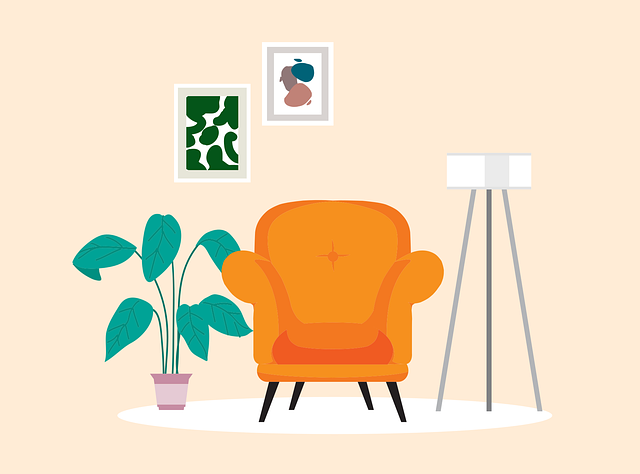
Decluttering for Inner Peace
But, by decluttering our physical and mental spaces, we can find inner peace and a deeper understanding of minimalist aesthetics. Decluttering techniques and organizing strategies are essential tools in achieving this state of tranquility and clarity. To help you get started on your journey towards inner peace, here is a table outlining some effective decluttering techniques:
| Decluttering Technique | Description | Benefits |
|---|---|---|
| KonMari Method | Focuses on keeping items that spark joy and discarding the rest. | Creates a harmonious living environment and encourages mindfulness. |
| 20/20 Rule | Get rid of items you haven’t used in the past 20 months and don’t plan to use in the next 20 months. | Reduces clutter and simplifies decision-making. |
| One-In-One-Out Rule | For every new item you bring in, one old item must be discarded. | Ensures that possessions are constantly evaluated and prevents accumulation of unnecessary items. |
| Digital Decluttering | Organize and delete digital files and apps to simplify your digital life. | Increases digital productivity and reduces mental clutter. |
The Benefits of Decluttering
Decluttering offers numerous benefits that contribute to both mental well-being and financial savings. By removing excess belongings and organizing our spaces, we create a sense of calm and clarity, reducing stress and anxiety.
Additionally, decluttering allows us to see what we truly need, helping us save money by avoiding unnecessary purchases and making more intentional choices about what we bring into our lives.
Enhanced Mental Well-Being
We can experience improved mental well-being by simplifying our living spaces and removing unnecessary clutter. Decluttering not only creates a more organized and visually appealing environment, but it also has a positive impact on our mental health. Here are some benefits of decluttering:

-
Increased Focus: A clutter-free space allows our minds to focus better on the tasks at hand, leading to increased productivity and efficiency.
-
Reduced Stress: Clutter can contribute to feelings of overwhelm and stress. Clearing our living spaces can create a sense of calm and tranquility, promoting overall well-being.
-
Enhanced Creativity: A clutter-free environment provides room for creativity to flourish. With fewer distractions, we can tap into our creative potential and engage in activities that bring us joy.
-
Improved Mental Clarity: Removing clutter helps clear our minds, allowing for clearer thinking and decision-making.
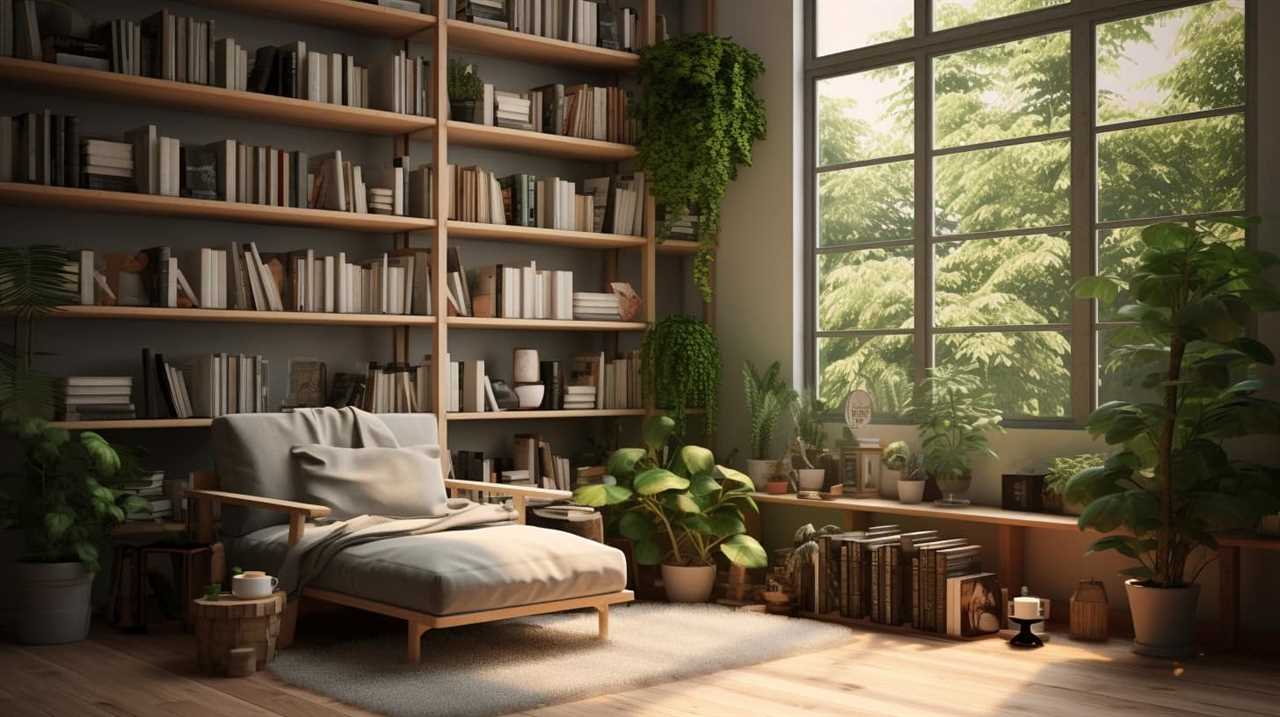
Financial Savings Through Decluttering
By decluttering our living spaces, we can experience multiple financial benefits that contribute to our overall financial savings.
One of the key benefits of decluttering is improved financial organization. When we declutter, we’re able to better organize our belongings, which leads to a clearer understanding of what we own and what we need. This allows us to make more informed purchasing decisions and avoid unnecessary spending.
Additionally, decluttering can also help us develop better budgeting techniques. When we’ve a clear view of our possessions, it becomes easier to see where our money is going and identify areas where we can cut back on expenses.
Embracing a Non-Materialistic Lifestyle
The benefits of embracing a non-materialistic lifestyle are numerous and can have a profound impact on our overall well-being. By adopting a non-materialistic mindset and finding contentment in simplicity, we can experience the following:

-
Inner peace: Letting go of the constant desire for material possessions frees us from the burden of always wanting more, allowing us to find inner peace and tranquility.
-
Increased gratitude: Focusing on the things that truly matter, such as relationships and experiences, helps us appreciate the blessings we already have and fosters a sense of gratitude.
-
Reduced stress: Living with less clutter and fewer possessions can lead to a more organized and peaceful living space, reducing stress and promoting a sense of calm.
-
Enhanced relationships: Prioritizing meaningful connections over material possessions strengthens our relationships and allows us to foster deeper connections with others.
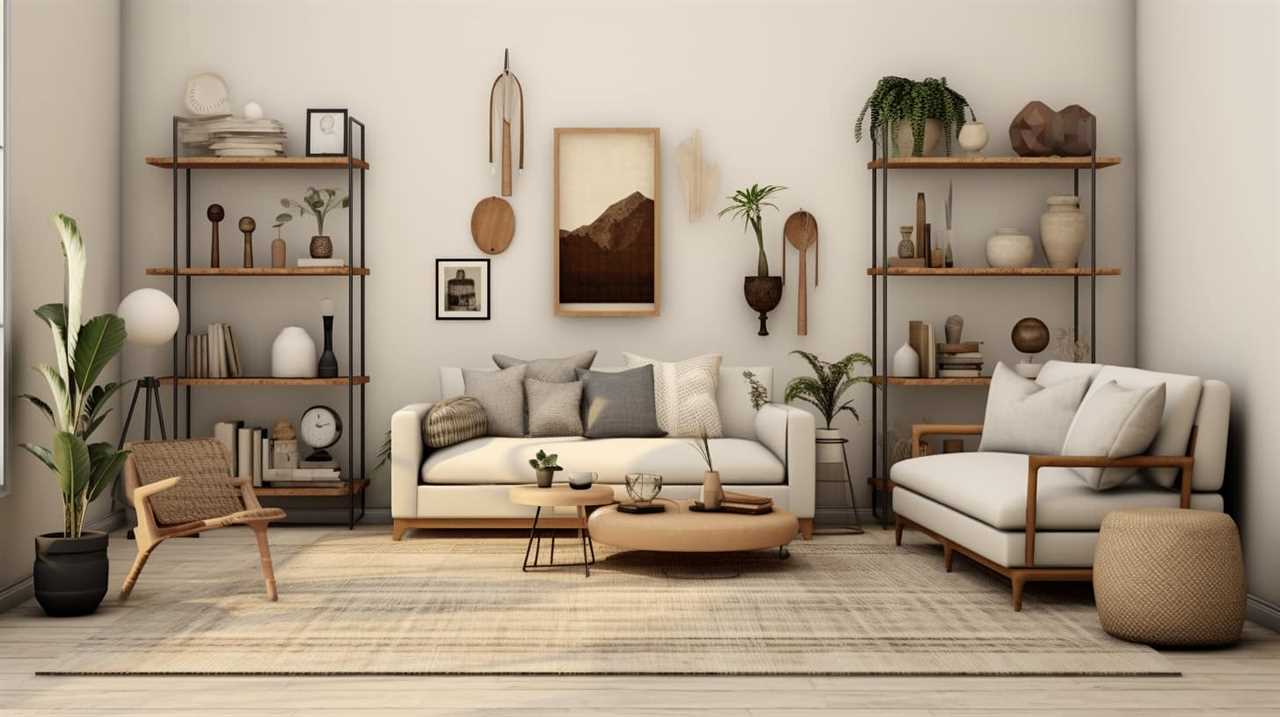
Embracing a non-materialistic lifestyle not only brings us joy and contentment but also enables us to focus on serving others and making a difference in the world around us.
Reevaluating Needs and Priorities
As we begin to embrace minimalist living, it’s important to take the time to reevaluate our needs and priorities.
In our fast-paced and materialistic world, it’s easy to get caught up in the pursuit of more possessions, status, and external validation.
However, by reevaluating our priorities, we can find a sense of contentment and fulfillment that goes beyond material possessions. This process involves reflecting on what truly brings us joy, purpose, and meaning in life.
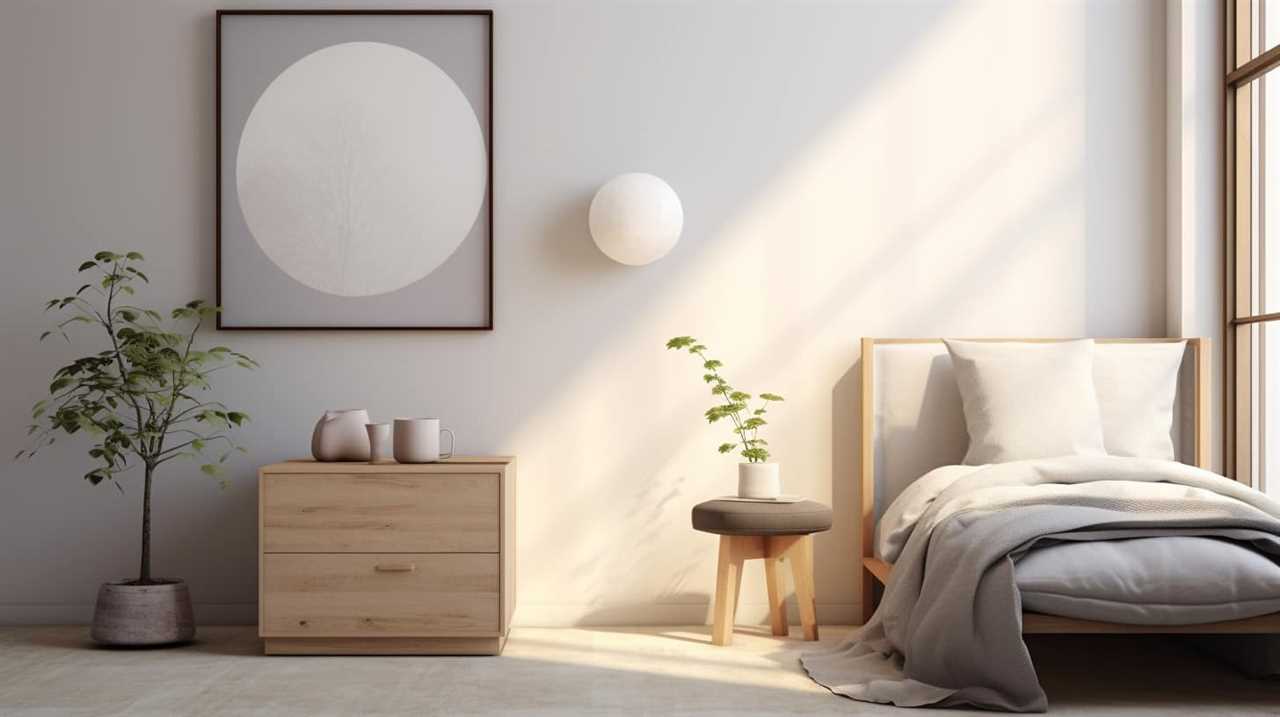
It means letting go of unnecessary clutter and excess, and focusing on the things that truly matter to us.
Reducing Consumption in Minimalist Living
Reducing consumption is a crucial aspect of minimalist living. It allows us to embrace sustainable lifestyle choices and develop mindful spending habits. By consciously evaluating our needs and priorities, we can resist the allure of excessive material possessions. Instead, we can focus on what truly adds value to our lives.
Adopting a minimalist mindset encourages us to prioritize experiences over things. This shift in perspective ultimately leads to a more fulfilling and financially free existence.
Sustainable Lifestyle Choices
We embrace sustainable lifestyle choices by consciously minimizing our consumption in minimalist living. By adopting sustainable fashion practices and zero waste living, we can make a positive impact on the environment and our communities. Here are four ways we can reduce our consumption and contribute to a more sustainable future:

- Choosing to buy second-hand clothing or supporting ethical and sustainable fashion brands.
- Implementing a zero waste lifestyle by reducing single-use items, recycling, and composting.
- Opting for minimal packaging and purchasing products with sustainable materials.
- Embracing minimalism and prioritizing experiences over material possessions.
Mindful Spending Habits
Let’s explore how adopting mindful spending habits can greatly contribute to reducing consumption in minimalist living.
Mindfulness in spending involves being conscious of our purchases and making intentional choices that align with our values. By practicing conscious consumerism, we can avoid impulsive buying and focus on acquiring only what we truly need. This not only helps us save money but also reduces waste and supports sustainability.
Mindful spending encourages us to question our motives behind purchases and consider the long-term impact of our choices. It promotes a shift from a mindset of materialism to one of contentment and gratitude. We begin to appreciate the things we already have, reducing the desire for excessive consumption. By prioritizing quality over quantity, we invest in items that are durable and serve us well, reducing the need for constant replacements.
Incorporating mindful spending habits into minimalist living allows us to break free from the cycle of consumerism and find financial freedom. It empowers us to live a more intentional and fulfilling life, focusing on experiences and relationships rather than material possessions. By embracing conscious consumerism, we can make a positive impact on our mental well-being, our finances, and the environment.
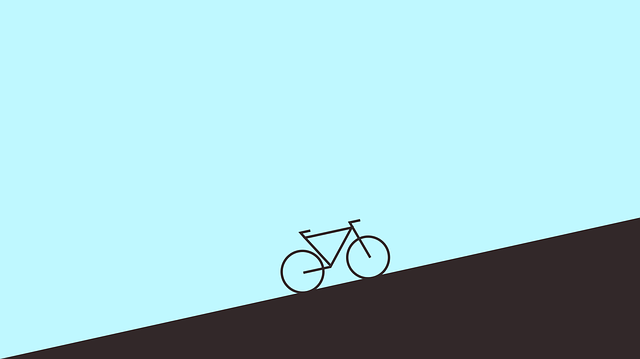
Minimalism as an Environment-Friendly Way of Life
Embracing minimalism allows us to live a more environment-friendly life by consciously choosing to consume less and reduce our carbon footprint. By making eco-friendly choices, we can have a positive impact on the environment and contribute to the well-being of future generations.
Here are some ways in which minimalism can benefit the environment:
-
Reduced waste: Minimalism encourages us to buy only what we need, reducing the amount of waste we produce.
-
Lower energy consumption: With fewer possessions, we use less energy to produce, maintain, and dispose of our belongings.
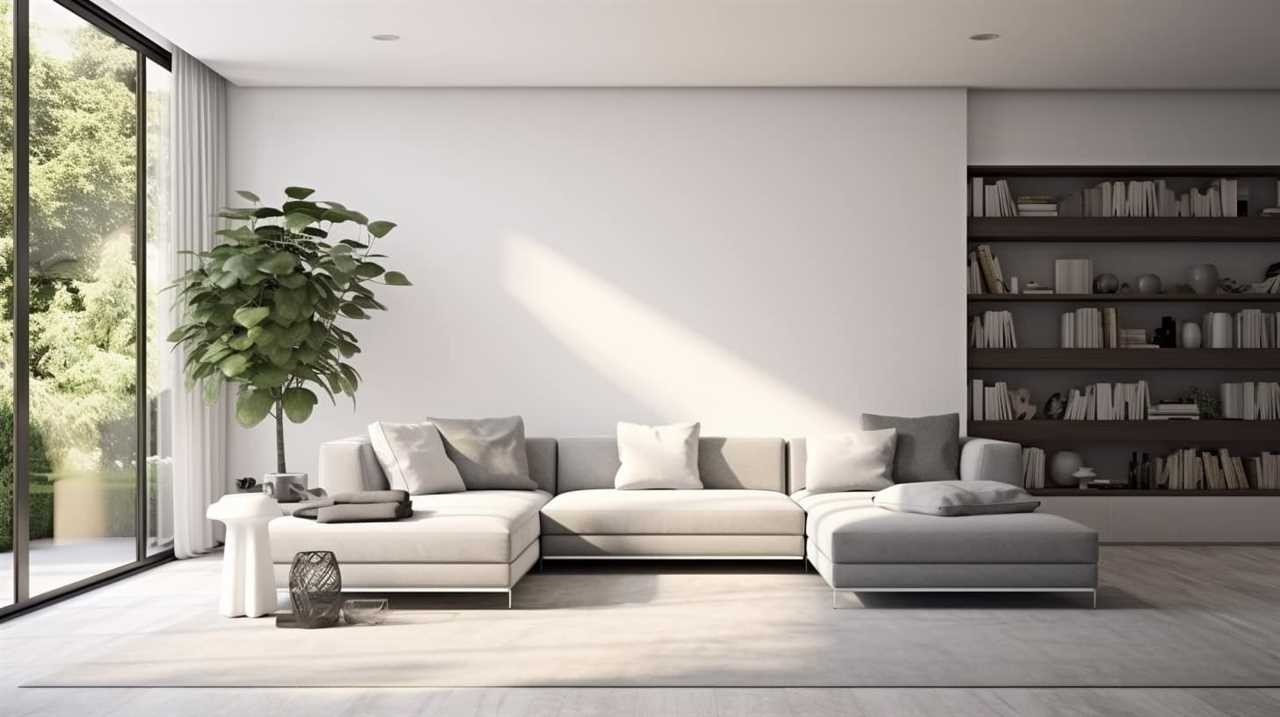
-
Less reliance on natural resources: By embracing minimalism, we reduce our demand for natural resources like water, timber, and fossil fuels.
-
Support for sustainable practices: Minimalism promotes ethical and sustainable production methods, encouraging businesses to prioritize eco-friendly alternatives.
Embracing Simplicity in Minimalist Living
By adopting a more simplified lifestyle, we can experience greater mental clarity and financial freedom.
Embracing simplicity in minimalist living allows us to focus on what truly matters, freeing ourselves from the distractions of excess and unnecessary possessions.

Minimalist aesthetics, characterized by clean lines, neutral colors, and clutter-free spaces, promote a sense of calm and tranquility.
Simplifying our lives helps us to prioritize our mental and emotional well-being, as we’re no longer burdened by the constant need to acquire and maintain material possessions.
Moreover, embracing simplicity can lead to financial freedom by reducing our expenses and allowing us to save more money.
Achieving Mental Clarity Through Minimalism
We can enhance our mental clarity by decluttering our physical spaces and removing unnecessary distractions. Minimalism offers several benefits for achieving mental clarity:
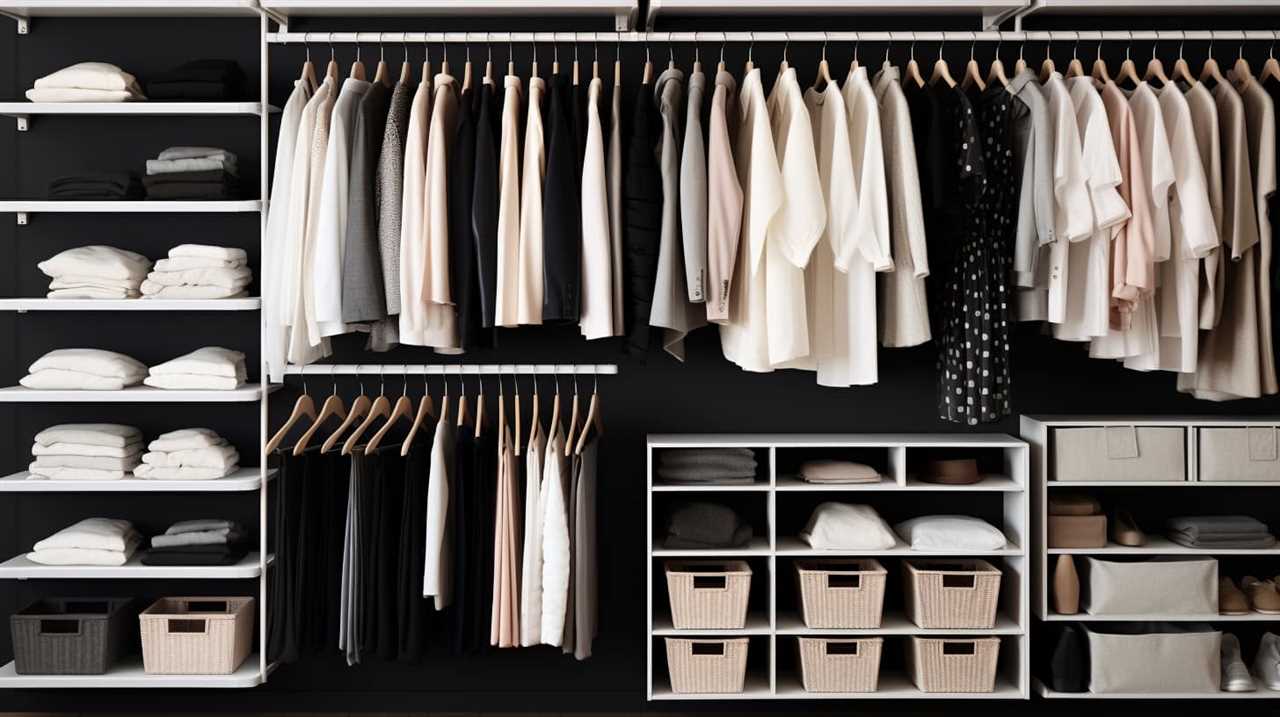
- Reduced stress: By simplifying our surroundings, we create a peaceful environment that promotes relaxation and reduces anxiety.
- Increased focus: A clutter-free space allows us to concentrate on the tasks at hand without being overwhelmed by visual and mental clutter.
- Enhanced creativity: Minimalism encourages us to think outside the box and find innovative solutions by eliminating distractions and unnecessary possessions.
- Improved mental well-being: By letting go of material possessions and embracing simplicity, we cultivate a sense of contentment and gratitude, leading to greater overall happiness.
Attaining Financial Freedom in Minimalist Living
To achieve financial freedom in minimalist living, our focus should be on prioritizing needs over wants. This means identifying and addressing our essential needs before indulging in unnecessary wants. One effective way to achieve financial independence is by implementing minimalist budgeting strategies. These strategies involve creating a detailed budget that outlines our income, expenses, and savings goals. By tracking our spending and eliminating non-essential expenses, we can allocate more resources towards our financial goals.
Additionally, adopting a minimalist mindset can help us avoid unnecessary purchases and reduce our reliance on consumerism. This shift in mindset allows us to save more money and make intentional choices about how we spend our resources. By implementing these minimalist budgeting strategies, we can work towards achieving financial independence and experiencing the freedom that comes with it.
As we strive to attain financial freedom through minimalist living, it’s important to acknowledge and overcome the challenges that may arise.
Overcoming Challenges in Minimalist Living
Facing financial constraints and adjusting to a simpler lifestyle can be challenging, but with determination and a supportive community, we can overcome the hurdles of minimalist living. In our journey towards finding contentment, we may encounter obstacles that test our resolve.

Here are some key challenges we may face and how we can overcome them:
-
Letting go of sentimental possessions: Embrace the memories associated with our belongings rather than the physical objects themselves.
-
Dealing with societal pressure: Surround ourselves with like-minded individuals who understand and support our minimalist lifestyle.
-
Resisting consumerism: Practice mindful consumption and focus on experiences rather than material possessions.

-
Adapting to a smaller living space: Embrace the opportunity to simplify and declutter our lives, making room for what truly matters.
By acknowledging and addressing these obstacles, we can navigate the path to minimalist living and find contentment.
Now, let’s explore some common misconceptions about minimalism.
Common Misconceptions About Minimalism
In our exploration of minimalist living, it’s important to address common misconceptions about minimalism.

One common misconception is that minimalism is all about decluttering physical possessions. While decluttering is a part of minimalist living, it goes beyond just getting rid of stuff. Minimalism is a mindset that focuses on intentional living and prioritizing what truly matters.
Another misconception is that minimalist living means cutting off relationships and living a solitary life. However, minimalist living isn’t about isolating oneself but rather about cultivating meaningful relationships and connections. It involves surrounding oneself with people who bring joy and fulfillment, and letting go of toxic relationships.
By understanding these misconceptions, we can truly embrace the essence of minimalist living and its positive impact on our lives.
Now, let’s explore other related questions about minimalist living.

Exploring Other Related Questions About Minimalist Living
Let’s dive into some of the other frequently asked questions about minimalist living.
-
How does minimalism impact relationships?
By focusing on what truly matters, minimalist living can strengthen relationships. It encourages open communication, shared experiences, and a deeper connection with loved ones. -
How can we integrate minimalism into our daily routines?
Minimalism can be incorporated into daily life by decluttering and organizing our physical spaces, simplifying our schedules, and prioritizing our time and energy on the things that bring us joy and fulfillment. -
Does minimalism mean getting rid of everything?
Minimalism isn’t about deprivation or living with nothing. It’s about intentional living, where we only keep what adds value to our lives and let go of excess.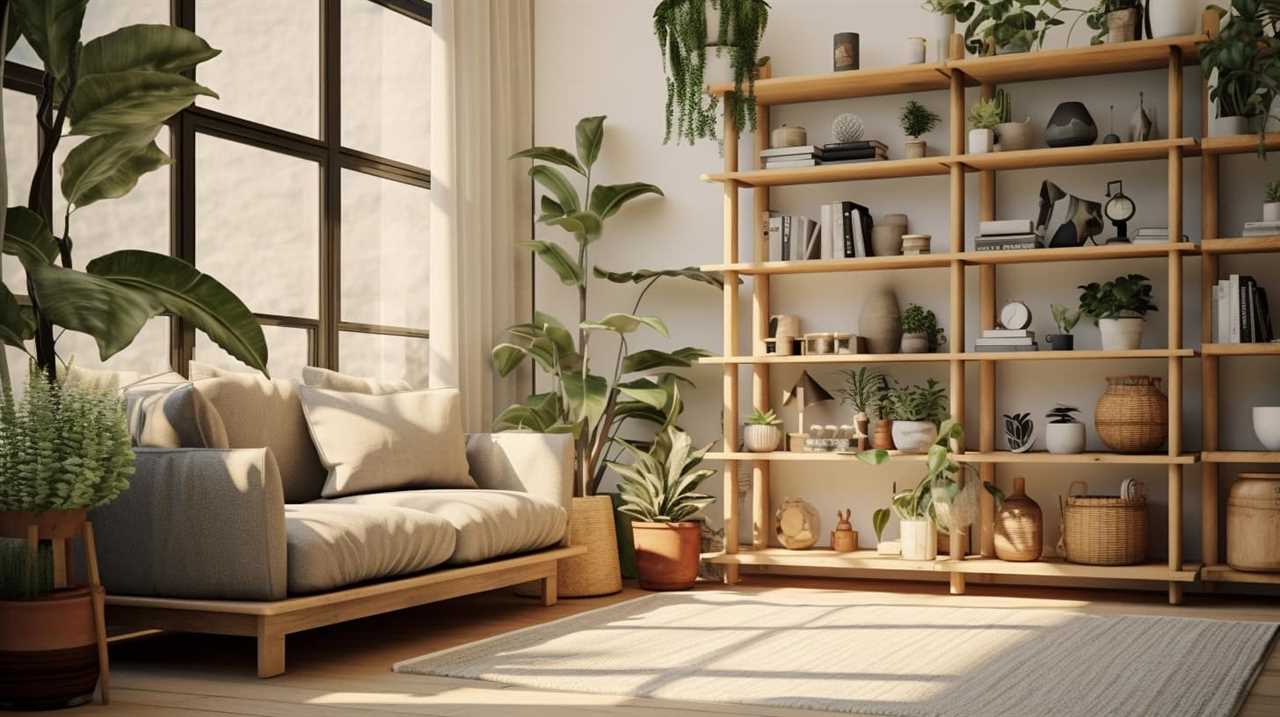
-
Can minimalism improve our mental well-being?
Absolutely. By reducing physical and mental clutter, minimalism can help create a calm and peaceful environment, leading to decreased stress and improved mental clarity.
Frequently Asked Questions
How Does Minimalist Living Affect Relationships With Family and Friends?
Minimalist living can affect relationships with family and friends by challenging the maintenance of sentimental connections. It encourages us to prioritize experiences over possessions, leading to a shift in values and potential conflicts in shared spaces.
Can Minimalist Living Be Applied to Different Cultural Contexts?
Embracing a minimalist lifestyle can transcend cultural boundaries. It’s like a universal language that speaks to the soul, offering serenity and freedom. Whether in religious communities or developing countries, simplicity brings harmony and contentment.
What Are Some Practical Tips for Incorporating Minimalist Principles Into Daily Life?
We’ve found some practical tips for incorporating minimalist principles into daily life. One of them is creating a minimalist workspace, which can help increase focus and productivity while reducing distractions.
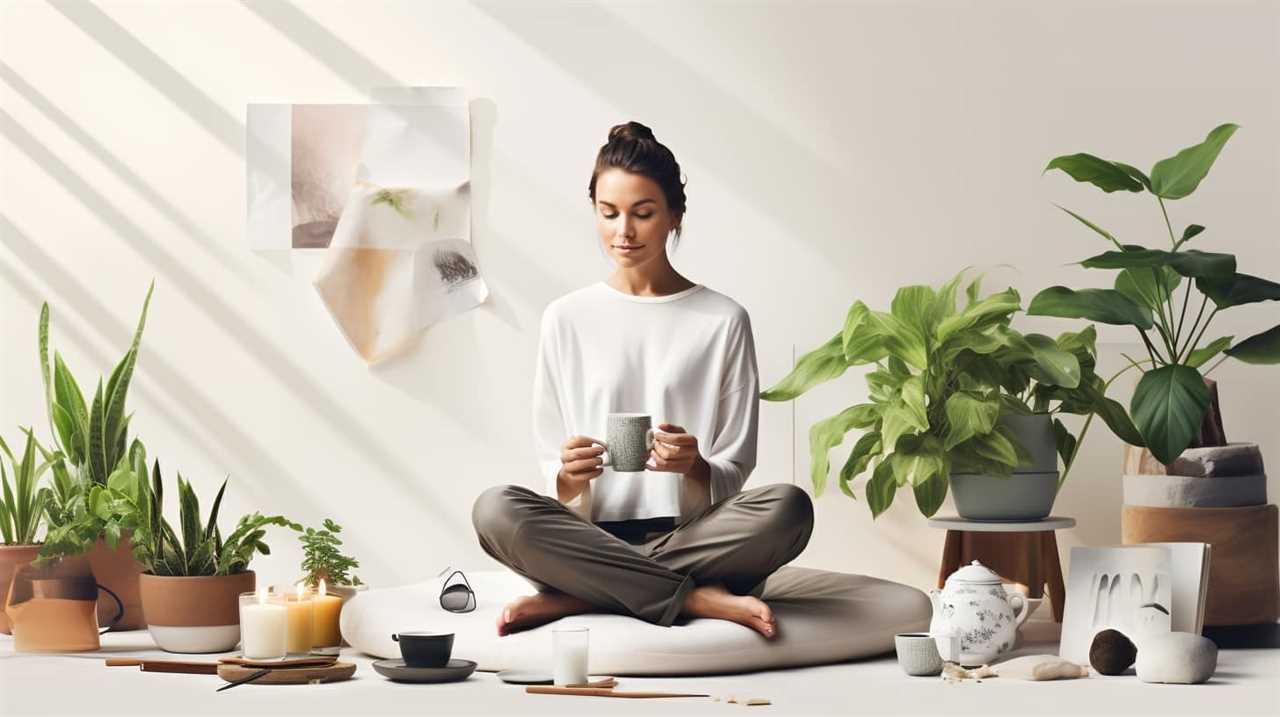
Does Minimalist Living Mean Sacrificing Personal Style and Self-Expression?
When it comes to minimalist living, personal style and self-expression don’t have to be sacrificed. By focusing on quality over quantity, we can curate a wardrobe and living space that reflects our unique preferences and values.
How Can Minimalist Living Benefit Overall Well-Being and Happiness Levels?
Minimalist living enhances overall well-being and happiness levels by promoting increased mindfulness and presence, reducing stress and anxiety. It allows us to focus on what truly matters, leading to mental clarity and financial freedom.
Conclusion
In conclusion, minimalist living offers numerous benefits, including mental clarity and financial freedom. It allows us to declutter our physical spaces, which in turn declutters our minds, leading to increased focus and peace.
By embracing a non-materialistic lifestyle, we reevaluate our needs and priorities, realizing that true happiness doesn’t lie in material possessions. Additionally, studies have shown that minimalist living can save us money, with the average American spending $1.2 trillion annually on nonessential items.
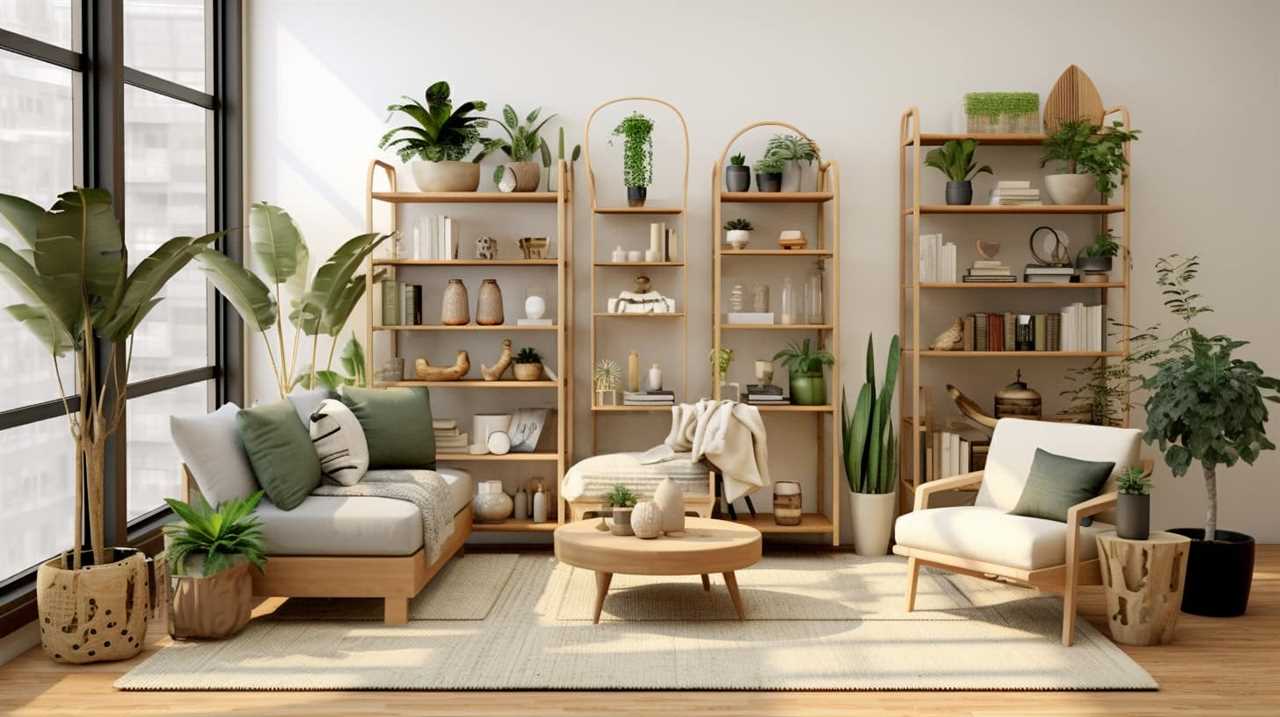
By adopting minimalism, we can achieve a simpler, more fulfilling life.
I’m Theodore, and I love tiny houses. In fact, I’m the author of Tiny House 43, a book about tiny houses that are also tree houses. I think they’re magical places where imaginations can run wild and adventures are just waiting to happen.
While tree houses are often associated with childhood, they can be the perfect adult retreat. They offer a cozy space to relax and unwind, surrounded by nature. And since they’re typically built on stilts or raised platforms, they offer stunning views that traditional homes simply can’t match.
If you’re looking for a unique and romantic getaway, a tree house tiny house might just be the perfect option.












